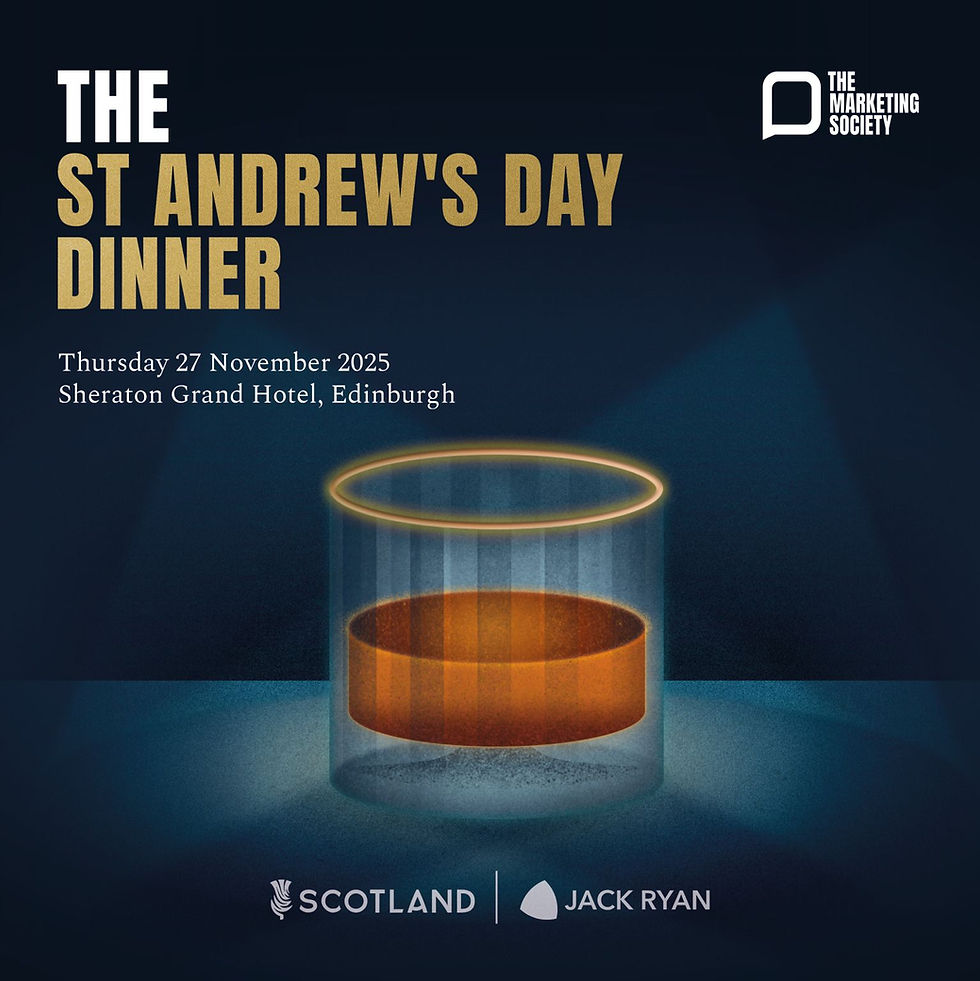Experiential thrives in 2023.
- TeamJACK
- Mar 1, 2023
- 2 min read
Updated: May 28, 2023
As the world slowly emerges from the pandemic, businesses and marketers are looking for innovative ways to reconnect with their audiences. And it looks like experiential marketing could make a comeback as a powerful tool for brands to engage with their customers in a more personal and immersive way.

Experiential marketing, also known as engagement marketing, is a marketing strategy that seeks to engage customers by creating a memorable and interactive experience. This can be achieved through a variety of channels, such as events, product demonstrations, pop-up shops, and immersive experiences. The goal is to create a deeper emotional connection with the customer that goes beyond traditional advertising.
One of the most effective ways to create these immersive experiences is through physical events or installations. For example, a cosmetics brand might create a pop-up store where customers can try out their products and receive makeovers from professional makeup artists. A beverage company might host a tasting event where customers can sample different flavors and learn about the brand's history and brewing process. These events not only provide customers with a unique experience but also give brands an opportunity to showcase their products and build brand loyalty.
However, in the wake of the pandemic, physical events have become more challenging to execute. Many companies have had to cancel or postpone their experiential marketing campaigns due to safety concerns and restrictions on gatherings. This has led many brands to explore alternative ways to create immersive experiences, such as through augmented reality (AR) and virtual reality (VR) platforms.
AR and VR technology allow brands to create immersive experiences that customers can engage with from the comfort of their own homes. For example, a furniture company might create an AR app that lets customers visualize how their furniture will look in their own living room. A car company might create a VR experience that allows customers to test drive a new model without leaving their home. These technologies not only provide customers with a unique and memorable experience but also allow brands to reach a wider audience and create a more personalised connection with their customers.

One company that has embraced experiential marketing is Nike. In 2019, the sports apparel giant created a pop-up store in New York City that used AR technology to create an immersive shopping experience. Customers could use their smartphones to scan QR codes and unlock exclusive content, including product information, athlete stories, and training tips. The store also featured a basketball court where customers could test out Nike's latest shoes and gear.
In conclusion, experiential marketing is a powerful tool for brands to engage with their customers in a more personal and immersive way. While physical events have become more challenging in the wake of the pandemic, AR and VR technology offer new ways for brands to create memorable experiences that customers can engage with from anywhere. As businesses look for innovative ways to connect with their audiences, experiential marketing is sure to make a comeback.



